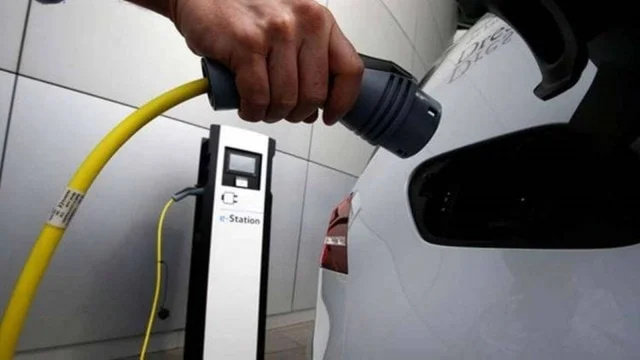The Telangana government has announced a partnership between the state’s business incubator, T-Hub, and Denso, an automotive components manufacturer from Japan.
D Sridhar Babu, the state’s Minister for Information Technology, Electronics and Communication, Industry and Commerce, said that with India poised to become the world’s third-largest automotive market, this collaboration will bring Denso’s expertise into Telangana’s vibrant startup ecosystem.
“Telangana is swiftly emerging as a key player in India’s automotive industry, backed by substantial investments and a robust, innovation-driven ecosystem. The state boasts a strong presence of automotive design, semiconductor, and sensor engineering companies, which are vital for fostering the growth of the automotive industry. With companies like Mahindra and Mahindra, Bharat Forge, Exide, and Amara Raja Batteries establishing advanced manufacturing facilities, we are transforming Telangana into a hub for both traditional automotive components and cutting-edge electric vehicle technologies,” Babu said.
T-Hub’s interim CEO Sujit Jagirdar said the “partnership highlights the state’s capability to attract and support global automotive leaders”.
Denso International India CEO Yasuhiro Iida said, “Our support will include access to R&D resources and technical expertise, empowering these startups to scale successfully.”
Also See: Hyundai Motor India falls 7% on debut after largest IPO.
This news is sourced from Indian Express and is intended for informational purposes only.






